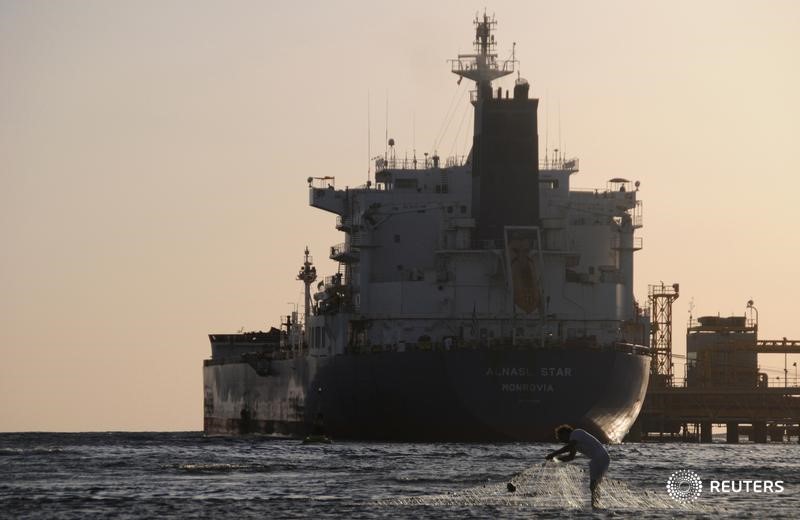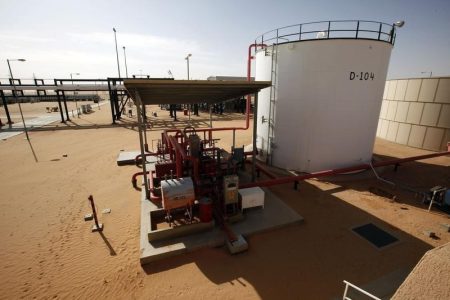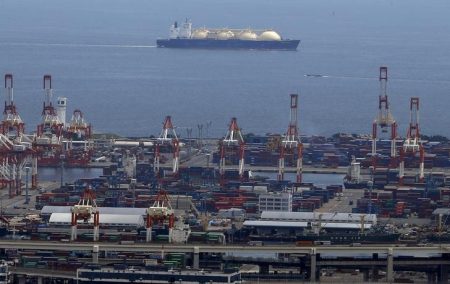By Shariq Khan
NEW YORK (Reuters) -Oil prices were little changed on Tuesday, pressured as the dollar jumped to its highest in a month but supported by jitters about the impact to energy supplies from escalating tensions in the Middle East.
Global benchmark futures rose 14 cents, or 0.2%, to settle at $78.29 a barrel. At the session high, Brent futures were up by a dollar a barrel.
U.S. West Texas Intermediate crude futures (WTI) ended at $72.40 a barrel, down 28 cents, or 0.4%, from Friday’s settlement. U.S. markets were closed for a public holiday on Monday.
“Oil prices are looking for a direction,” said Rob Thummel, managing director at energy investment firm Tortoise Capital.
Weighing on prices, the U.S. dollar hit a one-month high as investors dialed back expectations of an interest rate cut by the Federal Reserve in March. A stronger greenback dents demand for dollar-denominated oil among buyers using other currencies.
Forecasts for milder weather later in January in the major U.S. production hubs also weighed on prices, said Jay Hatfield, portfolio manager at InfraCap in New York.
Warmer weather could dampen demand for , a refined product used to warm homes in parts of the U.S. Northeast and Midwest, Hatfield noted.
Meteorologists projected weather in the U.S. Lower 48 states would switch from colder than normal this week to mostly warmer than normal from Jan. 22-31.
Oil prices drew support from signs of escalating tensions in the Middle East, as the U.S. military carried out a new strike in Yemen against four Houthi anti-ship ballistic missiles.
Houthi attacks on Red Sea shipping have been disrupting global movement of goods through the key trading route.
“Tensions in the Middle East are rising so the geopolitical risk premium in oil prices should be rising as well,” Tortoise Capital’s Thummel said.
Concerns of the conflict spreading throughout the region grew on Tuesday, as Iran’s striking of targets in the semi-autonomous Kurdistan region of Iraq triggered a diplomatic dispute. Iran also attacked Islamic State positions in Syria.
Despite the escalation, oil traders appear to be waiting for hard evidence of supply disruption before they push prices higher, said Fiona Cincotta, analyst at City Index.
Global energy trader Gunvor Group expects oil prices to hold at current levels and does not expect a major impact to oil production from the Red Sea disruptions, its CEO told Reuters on the sidelines of the World Economic Forum in Davos.
Read the full article here















